On May 25, 2019, at the 72nd World Health Assembly held in Geneva, Switzerland, the World Health Organization (WHO) officially classified “gaming disorder” as a mental health condition. As such, they have confirmed that “gaming disorder” is now a disease. This is not the first time WHO and the internet have been linked, however. The organization has kept the effects of electronics in sight, and last year, it first recognized the disorder when it released the 11th edition of its International Classification of Diseases.
As mentioned in a CNN article, the diagnosis was proposed by Dr. Vladimir Poznyak. He is a member of the Department of Mental Health and Substance Abuse who listed three main symptoms provoked by gaming disorder. These are, as described by Poznyak, the following:
- Gaming behavior takes precedence over other activities to the extent that other activities are taken to the periphery.
- The impaired control of these behaviors. Even when the negative consequences occur, this behavior continues or escalates.
- The condition leads to significant distress and impairment in personal, family, social, educational, or occupational functioning. This may include disturbed sleep patterns, like diets problems, like a deficiency in physical activity.

Apart from the symptoms, WHO also explained in a post on their website that, in order to diagnose gaming disorder, the behavior pattern “would normally have been evident for at least 12 months.” In the same document, it also explains why the ICD-11 included gaming disorder as an official disease.
According to the organization, the decision was based on “reviews of available evidence and reflects a consensus of experts from different disciplines and geographical regions that were involved in the process of technical consultations undertaken by WHO.” Now that the organization has confirmed gaming disorder’s classification as an international disease, it won’t come into effect until 2022.
A polemical decision
This decision came about, as expected, with a fair bit of controversy. Outside of the gaming world, Oxford psychologist Andrew Przybylski stated, “You could easily take out the word ‘gaming’ and put in ‘sex’ or ‘food’ or ‘watching the World Cup,’” and it would probably still mean the same thing. He said this back in 2018, when the WHO first recognized gaming addiction as a disease.
Within the gaming world, South Korea was one of the first countries to speak out against the decision. Seoul’s culture ministry argued against it. He brought up evidence to try to prove that video games themselves may not be the main problem. So too did the Korea Creative Content Agency, who cited a study that emphasized that a myriad of factors can cause gaming addiction.
On Twitter, however, fans and professional gamers alike have taken the situation almost as a joke. Tons of comical opinions have seen light throughout the last few hours. Several of them were responses to Rod “Slasher” Breslau’s thread on the matter. Evil Geniuses’ professional Call of Duty player Dillon “Attach” Price and CLG’s Fortnite player Sam “WishYouLuckk” Salcedo are only some of the well-known faces who have come forward to have a laugh.
We’re about to cash out 💰💰💸💸💸
— C9 Attach (@Attach) May 25, 2019
Can I collect disability checks?
— Wish The Ford Guy (@WishYaLuckk) May 25, 2019
Should the medical community acknowledge gaming disorder as an international disease? There are very different takes on the matter. Nonetheless, it seems that the WHO wants to have the gaming phenomenon at least a little bit under control.
Let us know what you think, and keep up with Daily Esports for all your esports gaming news.




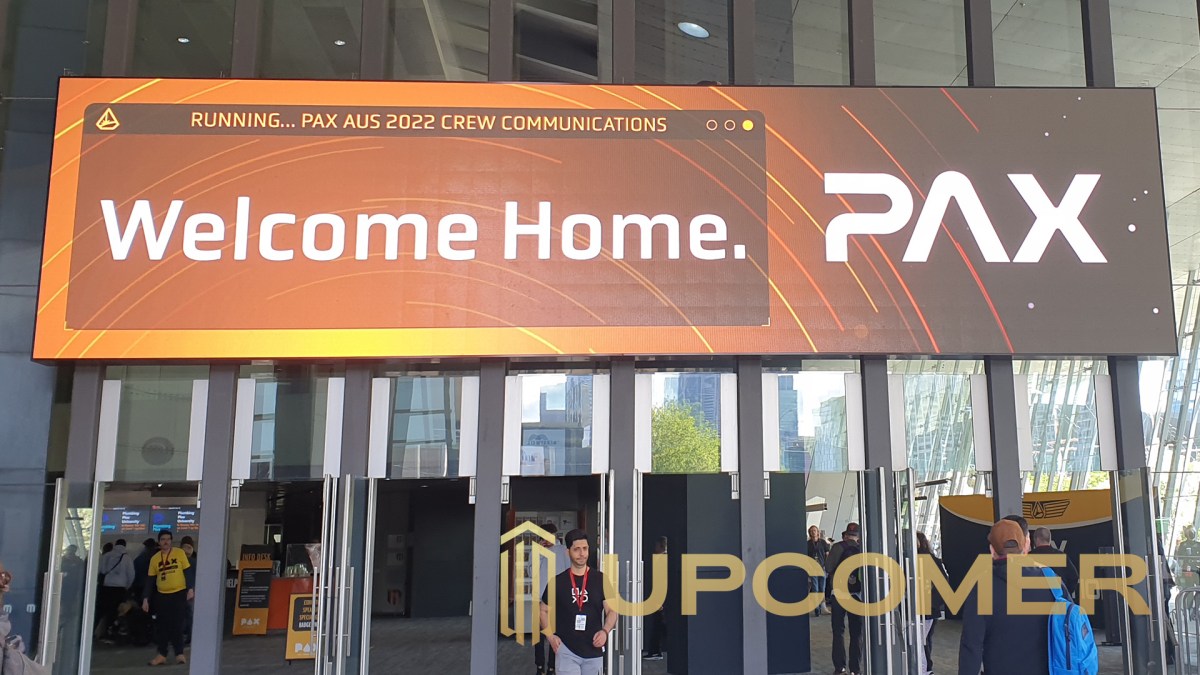

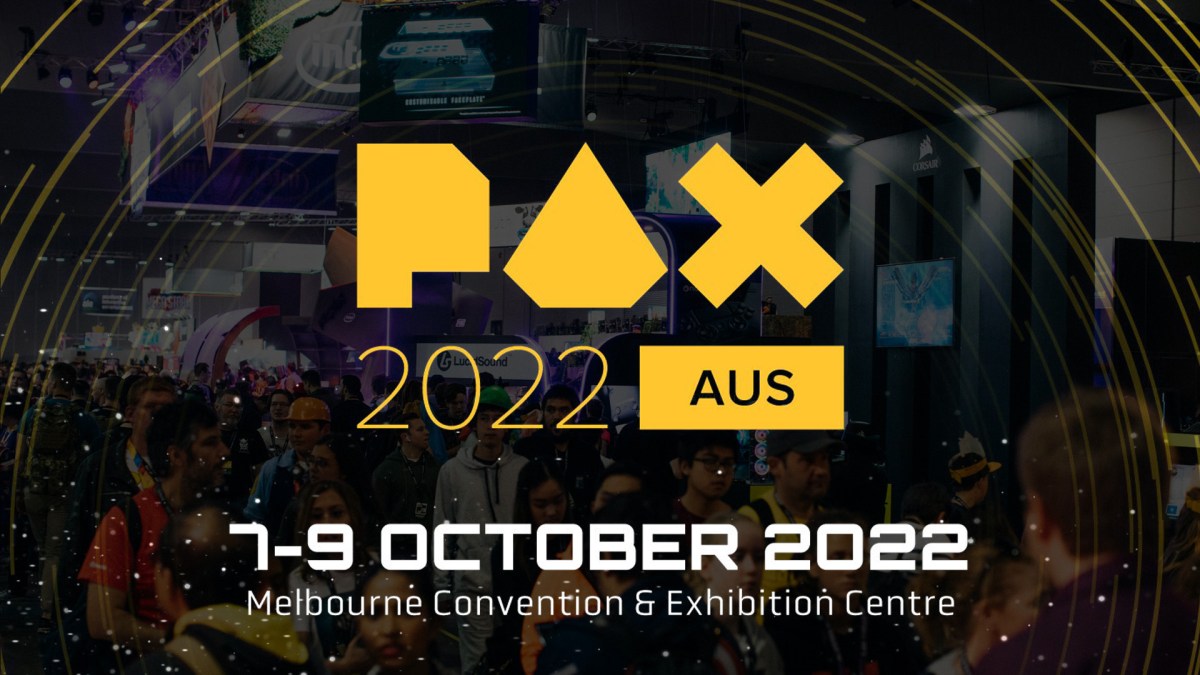
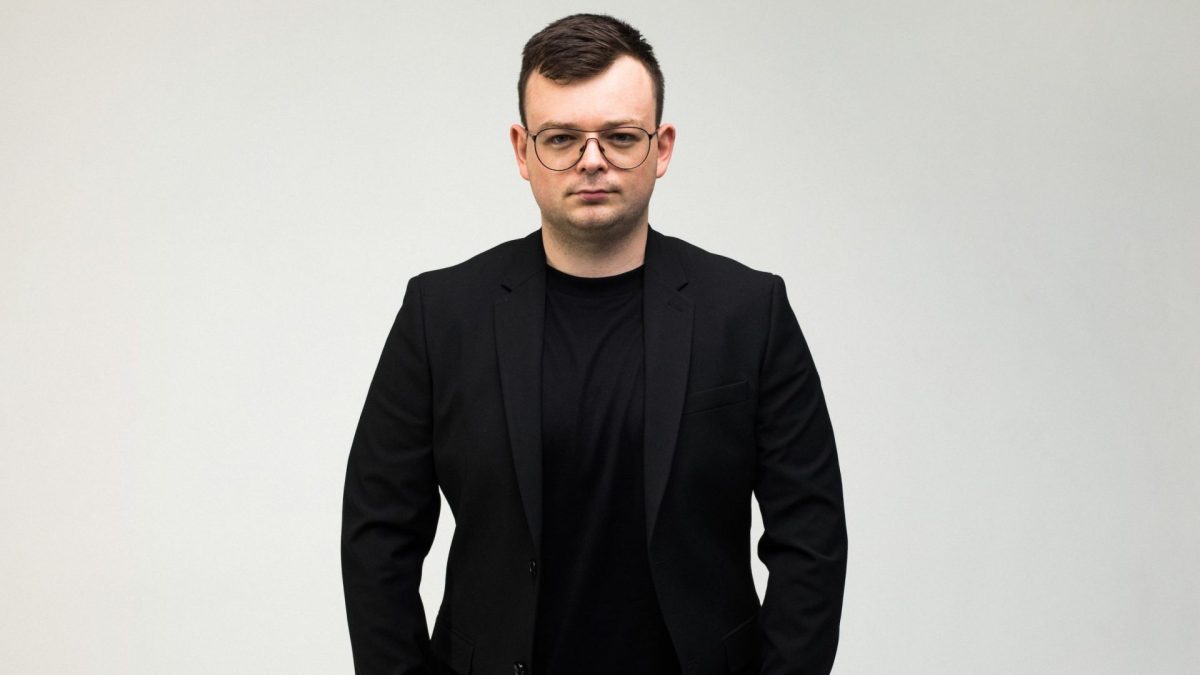
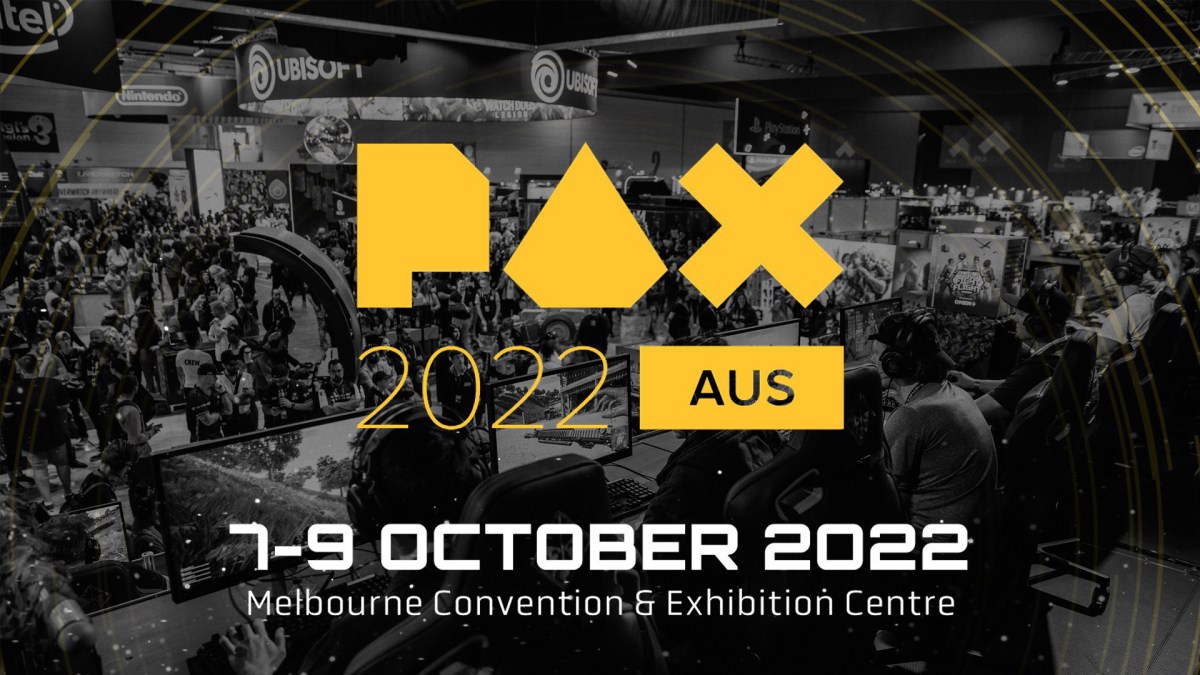
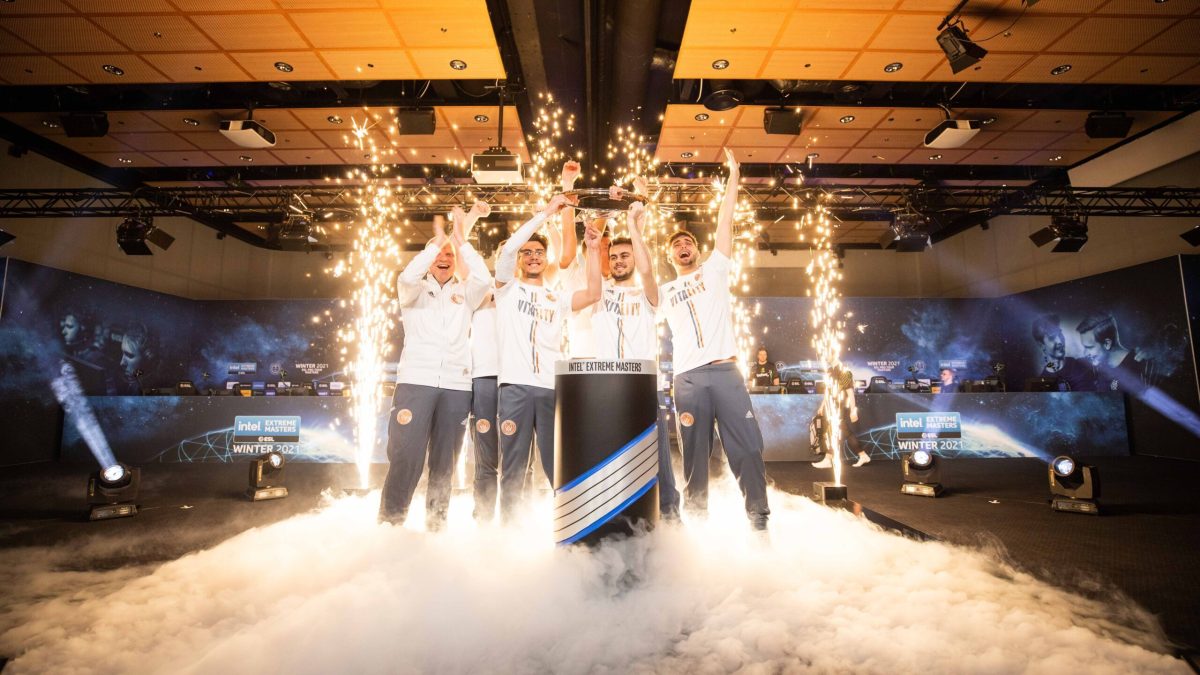
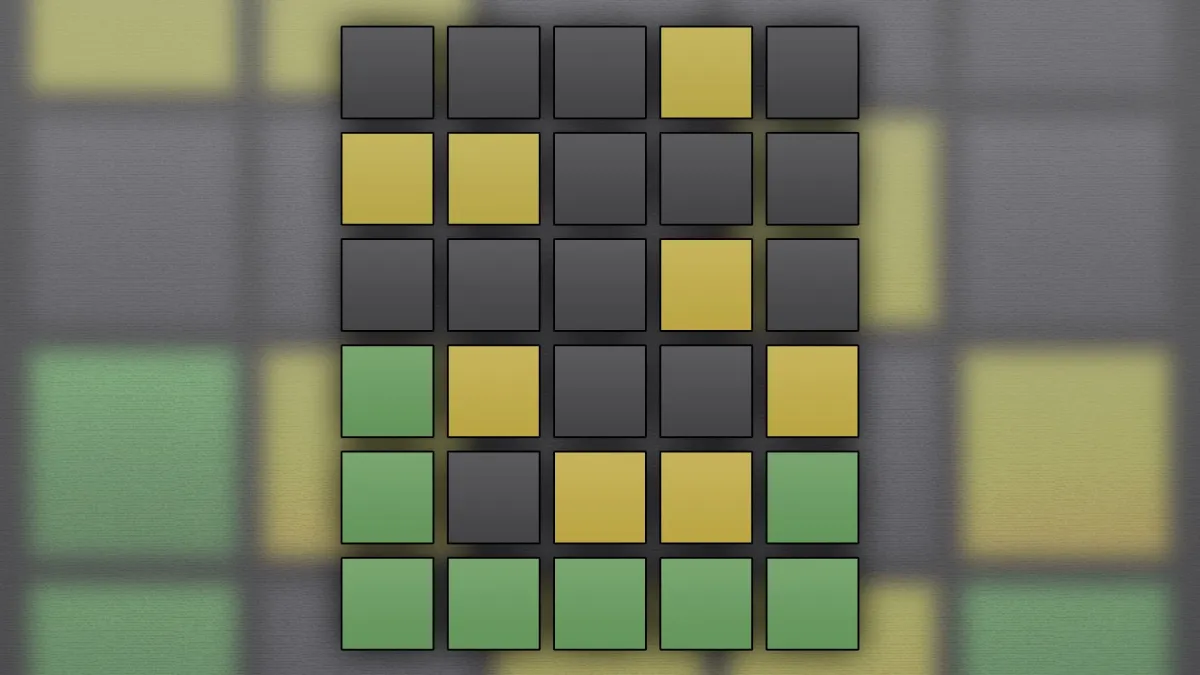


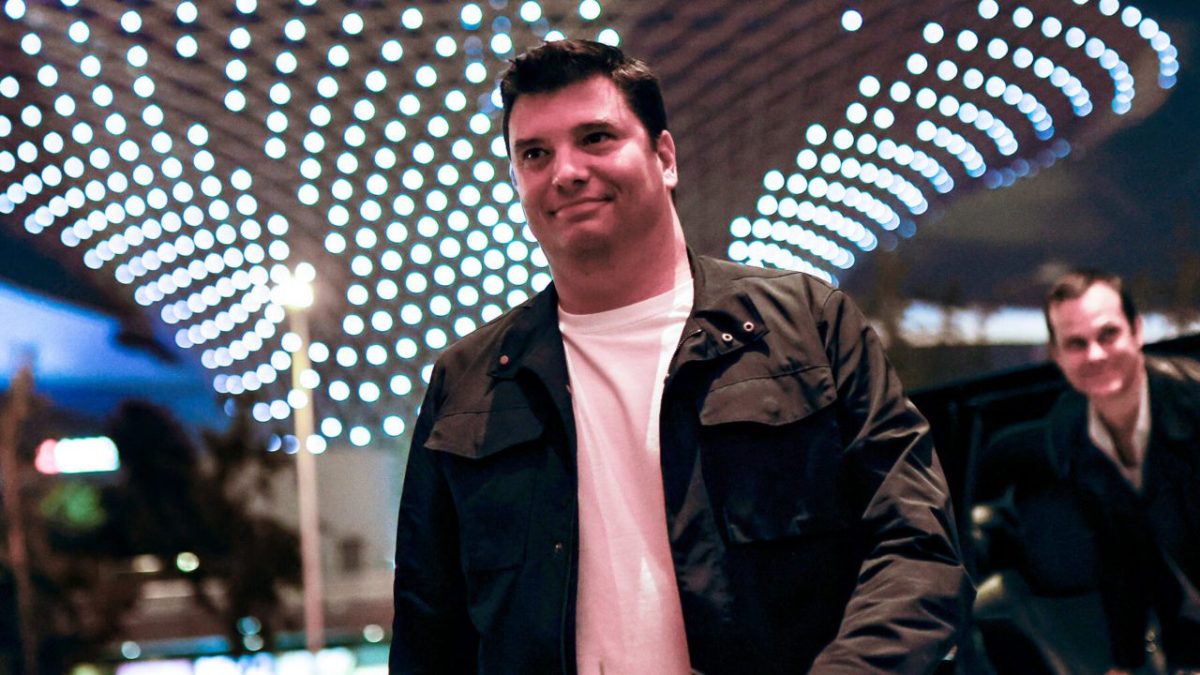
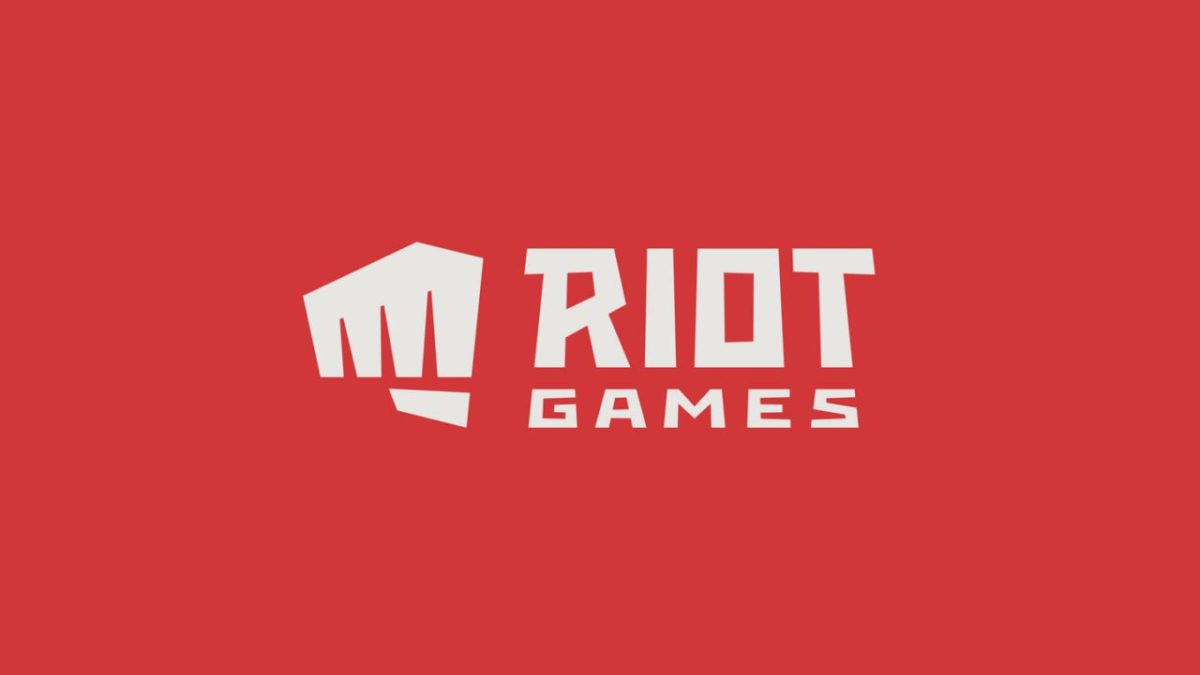
Published: May 25, 2019 10:41 pm